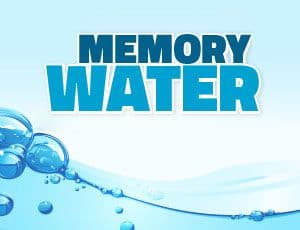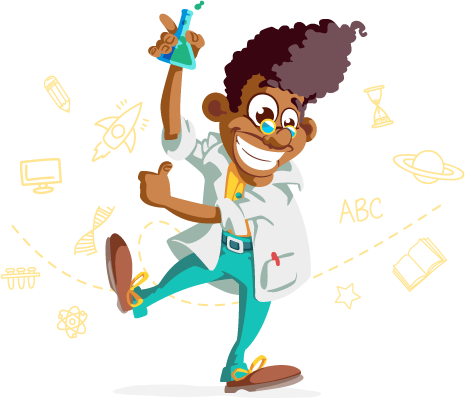Escola Games | Jogos Educativos
https://www.escolagames.com.br
Teacher's support sheet

Memory Water
Water is our most important asset. We need to preserve it.
Find the combination of figures and learn more about this natural resource.

Teacher's tips
Level of Education: Elementary School
Subject: Science
Theme: Water
Age 08 to 14 years old
Memory Water is a game that shows students the different usages of water, its importance, and where we can find it. Besides that, the game brings concepts and definitions that are important for the comprehension and study of Environmental resource management.
When the player finds the corresponding images, they read a small text with essential information for related activities the teacher may suggest. Encourage students to take notes about the topics in the game. [FIM-DICA]
Learner outcomes
To understand the different usages of water;
To comprehend that water is a part of everything around us;
To recognize the importance of water for the emergent and maintenance of life;
To understand the influence of human beings on the various uses of water;
To evaluate the significance of potable water for human consumption;
To recognize water as a power source;
To understand how human beings pollute water in the nature reserves, as well as their role in water preservation;
To develop attitudes of interaction, collaboration, and experience-sharing;
To think about the causes of pollution of the oceans;
To respect the necessary care to preserve the aquatic environment.
Teachers' goals
To assure students understand that the balance and the future of our planet depend on water preservation;
To stimulate group discussions;
To promote reflections about the importance of water.
To present students the ways of using water;
To sensitize students about environmental problems;
To offer the game as a didactic resource to reinforce the content discussed in the classes.
Suggestions of approaches for the teacher
(Approach 1) Promote a discussion activity that raises the following topics:
Have you ever thought about what the Planet would be like without water?
How is the water situation on our planet?
In which states can we find water?
In which state do human beings consume water?
Can we consume ocean water?
Is water necessary? Why?
Where does water come from?
Can we run down of water? What would happen if we did?
Do we need to save water? How?
(Approach 2) Create a list of things we can do at home and school to avoid wasting water.
(Approach 3) Create a graphic containing the percentage of water distribution on the planet.
(Approach 4) To analyze the importance of water in our lives, working with the music video "Saving water song" from Lotty Friends ( https://www.youtube.com/watch?v=gwQ7PSrwGuI ).
(Approach 5) Present the following video to students and promote a debate about it. You can also ask them to work in groups and create posters about it. https://www.youtube.com/watch?v=nTcFXJT0Fsc
(Approach 6) Ask students to build a miniature of how the water treatment process works.
(Approach 7) Observe and discuss the following infographic. https://www.westerncape.gov.za/assets/how-to-save-water-2016_0.png
(Approach 8) Assemble posters around the school presenting the importance of discussing this topic at school. You can also print the following infographics. https://www.westerncape.gov.za/assets/how-to-save-water-2016_0.png https://neoakruthi.com/blog/infographics/how-to-save-water-in-schools-infographics.jpg
(Approach 9) Present students with the water calculator. The student should think about how much water they spend on daily chores. You can tell them to ask their parents before the activity. There are some calculators below. https://www.smartwatermark.org/watercalculator/NZ/#results https://www.watercalculator.org/wfc2/q/household/
More about the content
Many students can question you about the amount of water on the planet and why we need to care for it. You should explain that only a part of it is fresh water. It is a suitable opportunity to show them videos or infographics about the desalination process. Emphasize the pros and cons of that process.
Also, explain the water cycle highlighting that water doesn't disappear. What happens is that the quality of water decreases. It will get to a point when people won't be able to treat it anymore, or it won't return to the groundwater as fresh water. You can check the following links to learn about the topic.
https://neoakruthi.com/blog/infographics/how-to-save-water-in-schools-infographics.jpg
